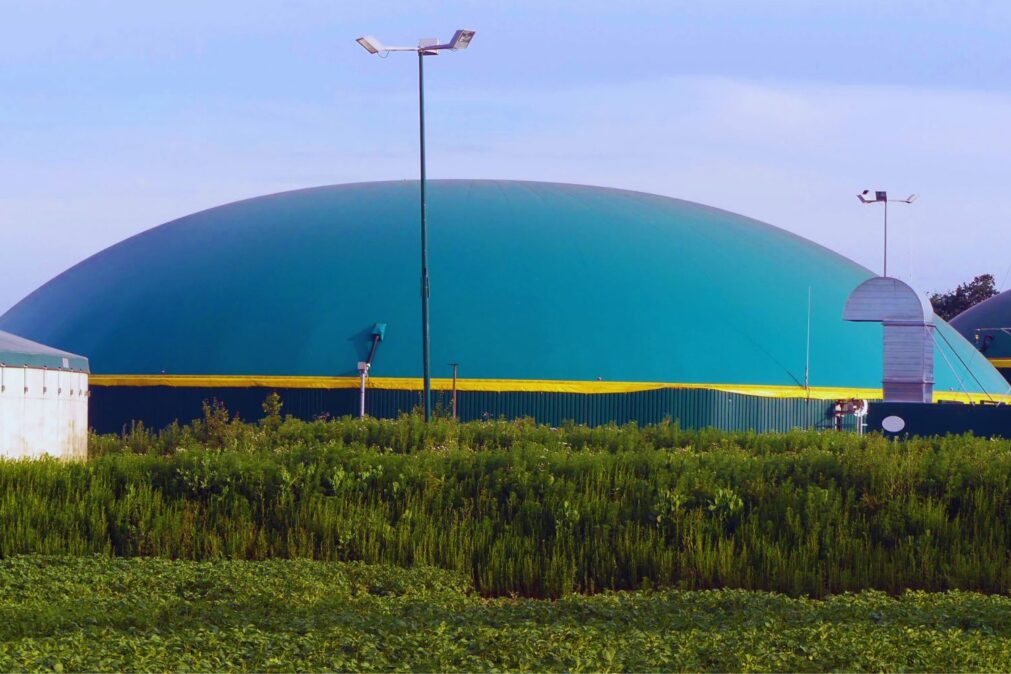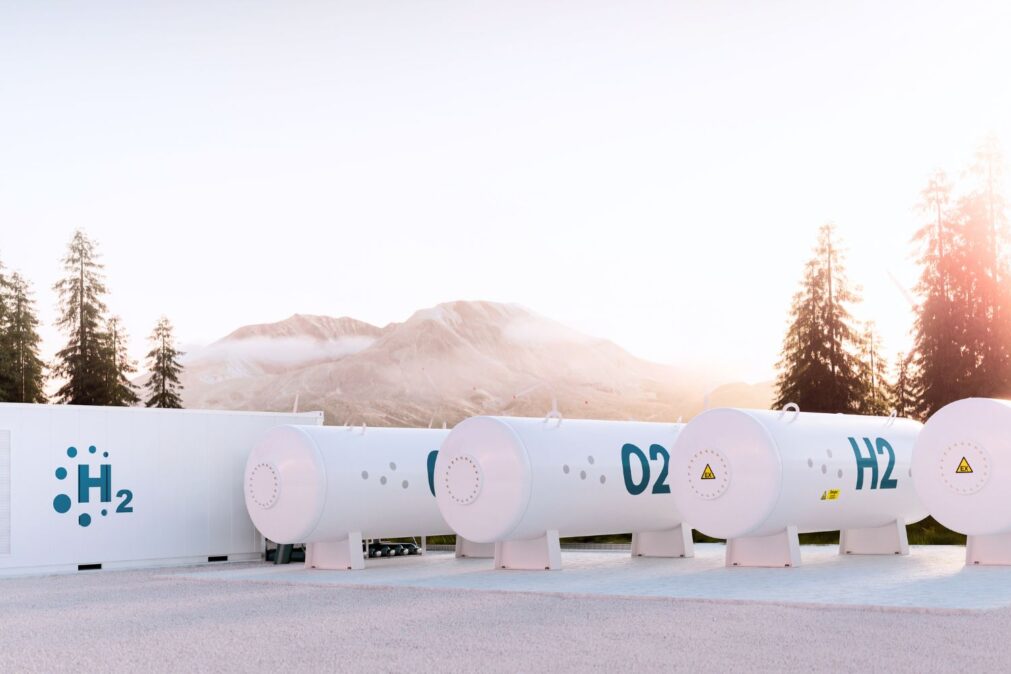Renewable Energy Certificates (RECs) prove that the energy used is from a renewable source with low carbon emissions.
Do you know what Renewable Energy Certificates (RECs) are? Renewable Energy Certificates were created to validate actions that support the generation of renewable energy. As the energy transition advances, companies are mobilizing to monitor and develop sustainable actions.
In this sense, Environmental, Social and Corporate Governance (ESG) actions, such as the use of clean energy, become increasingly important. But, in addition to implementing sustainable actions, it is important that companies demonstrate this to their customers and stakeholders, to increase the organization’s trust and credibility.
What are Renewable Energy Certificates (RECs)?
If before, companies were not interested in knowing where their energy came from, now, knowing and disclosing this information has become an important asset for maintaining and engaging customers.
In general, energy arrives at the National Interconnected System (SIN) generated from various sources and is then redistributed to customers. With an accounting, as with RECs, it is possible to verify how much clean energy was generated and issue certificates to interested parties. Therefore, when a consumer purchases a REC, it becomes the sole property of the owner.
Renewable Energy Certificates (RECs) are market instruments that represent the rights to the environmental and social attributes of renewable energy generation sources. Thus, for every 1 MWh of renewable energy generated, a REC can be issued.
As sustainability has become one of the pillars of many companies, companies that want to prove their environmental commitment acquire the certificates. This certification is issued by the International REC Standard (I-REC), ensuring that certificates issued in Brazil follow the same standards used in the rest of the world.
In this market, there are registrants, which is the company responsible for the plant, and participants, which is the organization that has the power to transact issued RECs. This participant can trade certificates to end consumers.
The importance of RECs for decarbonizing sectors of the economy
RECs International was founded in Europe in 2001 with the aim of creating a system for trading international renewable energy certificates. In Brazil, the Renewable Energy Certification Program — REC Brazil — is an initiative that emerged in 2011, with the support of clean energy generation entities, such as Abeeólica, Abragel, CCEE, Abraceel and Abiogás.
The REC Brazil seal, placed on RECs issued on the I-REC platform, provides assurance to the client that the plant meets the criteria of additionality and sustainability in terms of social, environmental and community relations. In addition, the requirements are indexed by the UN Sustainable Development Goals (SDGs).
Energy certificates are important for the decarbonization of sectors of the economy, such as the transport sector, which is one of the main polluters. This change in the market for the use of renewable sources has generated an increase in demand from agents. In other words, the interest in the certification and purchase of RECs signals a commitment to changing energy behavior.
In Brazil, there are already more than 100 certified wind farms. Thus, they create a new source of income and broaden the base of interested customers. It is even important to create a dialogue between the electricity sector and other segments to decarbonise the entire economy.
Therefore, by acquiring these certificates, the company promotes the energy market generated by renewable sources and helps in the development of sustainable actions.





